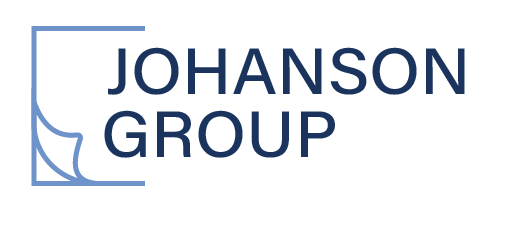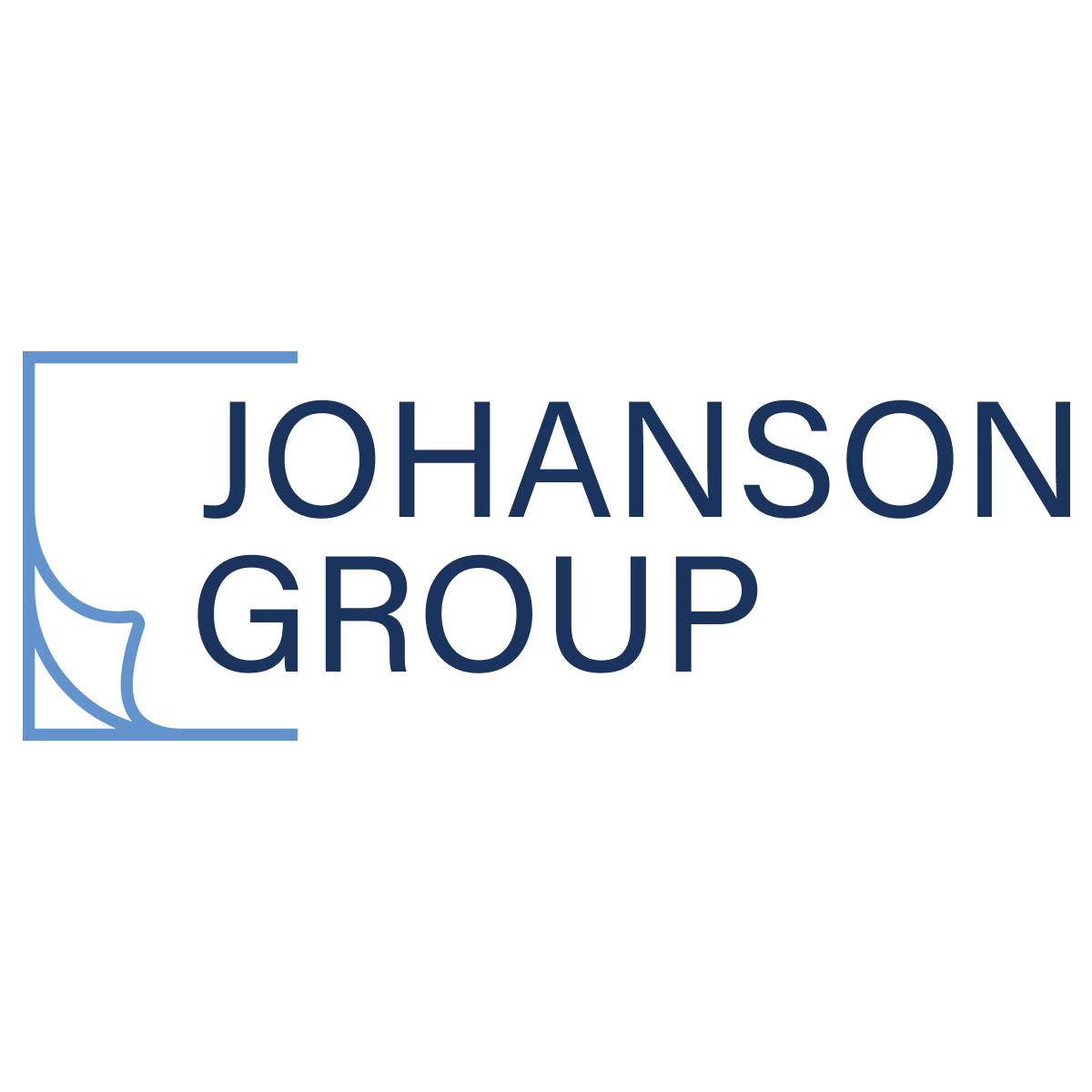ISO 27001 vs ISO 27002: What’s the Difference?
In the dynamic landscape of cybersecurity and data management, adhering to international standards is paramount. Among the most prominent standards established by the International Organization of Standardization (ISO) are ISO/IEC 27001 and ISO 27002, which serve as pillars for establishing robust information security management systems (ISMS). But what sets them apart, and why are they crucial for businesses? Let's delve into the nuances of ISO 27001 and ISO 27002 to unravel their significance.
What is ISO/IEC 27001?
ISO/IEC 27001 is an international standard that outlines the specifications for establishing, implementing, maintaining, and continually improving an ISMS. This framework assists organizations in managing and protecting their valuable information assets, regardless of their size or industry.
What is ISO 27002?
Complementing ISO 27001, ISO 27002 provides guidelines and best practices for implementing information security controls. It offers a comprehensive set of security measures, ranging from policies and procedures to technical safeguards, designed to address various risks and vulnerabilities within an organization's information management processes.
What is the Difference Between ISO 27001 and ISO 27002?
While ISO 27001 focuses on the establishment and maintenance of an ISMS, ISO 27002 serves as a practical guide for implementing the controls necessary to mitigate information security risks. In essence, ISO 27001 lays down the framework, while ISO 27002 provides the detailed instructions for its implementation.
Why is ISO 27001 Important?
ISO 27001 is vital for organizations seeking to safeguard their sensitive information assets and uphold the trust of their stakeholders. Compliance with this standard not only enhances the security posture but also demonstrates a commitment to maintaining the confidentiality, integrity, and availability of information.
How Does ISO 27001 Work?
ISO 27001 operates on a systematic approach, starting with an initial risk assessment to identify and evaluate potential threats and vulnerabilities. Subsequently, organizations develop and implement a tailored set of security controls based on the identified risks, followed by regular monitoring, review, and continual improvement of the ISMS.
READ MORE: ISO 27001 Audits: Stage 1 vs. Stage 2
What is ISMS?
ISMS, or Information Security Management System, refers to the framework of policies, processes, procedures, and controls implemented to manage, monitor, and protect an organization's information assets effectively.
Why Do We Need ISMS?
ISMS is essential for organizations to proactively address the evolving landscape of cyber threats and regulatory requirements. By establishing a structured approach to information security management, ISMS helps mitigate risks, prevent data breaches, and ensure compliance with relevant laws and regulations.
What Are the Benefits of ISO 27001 Controls?
Implementing ISO 27001 controls offers a myriad of benefits, including enhanced risk management, improved operational efficiency, increased stakeholder confidence, and better regulatory compliance. Additionally, adherence to these controls fosters a culture of security awareness and accountability within the organization.
Johanson Group for ISO 27001 Certification
For organizations seeking ISO 27001 certification, partnering with a reputable certification body like Johanson Group can streamline the process and ensure compliance with international standards. With their expertise and experience in information security management, Johanson Group offers comprehensive support, from initial assessment to certification, enabling businesses to fortify their defenses and thrive in an increasingly digital world.
In summary, while ISO 27001 sets the foundation for establishing an ISMS, ISO 27002 provides the essential guidelines for implementing the necessary security controls. Together, they form a robust framework for organizations to safeguard their information assets and adapt to the evolving threat landscape. Embracing these standards not only strengthens security but also instills confidence among stakeholders, paving the way for sustainable growth and success.





